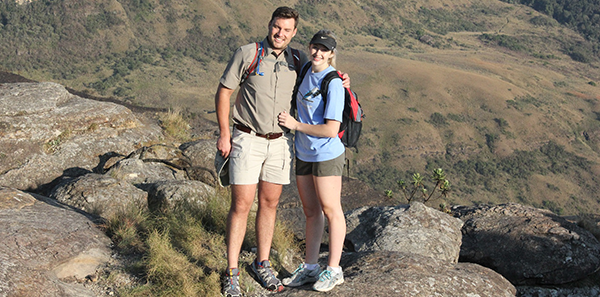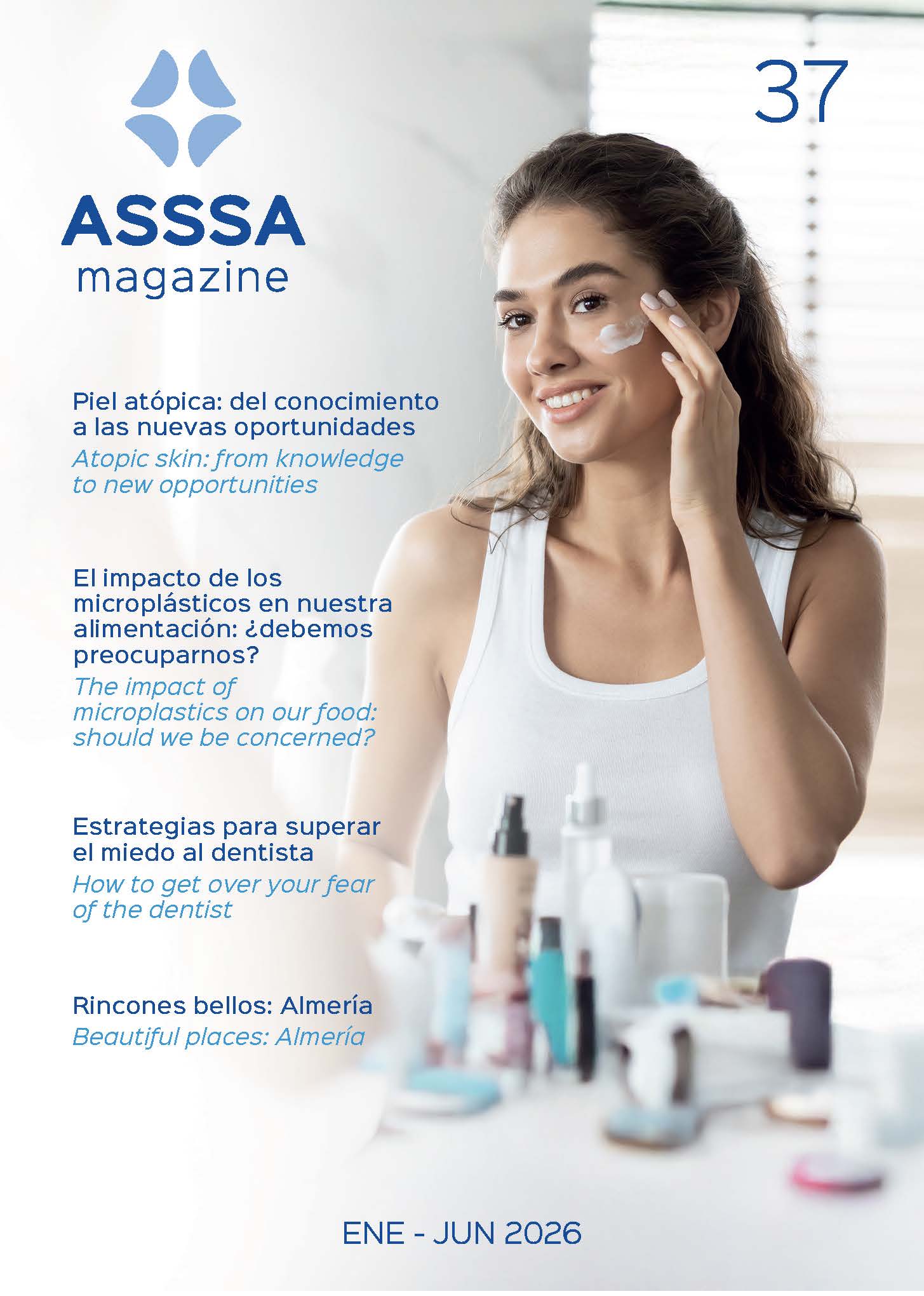
Trips abroad are becoming more and more common, whether for professional reasons and for leisure, family commitments and social purposes.
Nowadays, we’re facing special circumstances due to SARS-COVID-2, the cause of the COVID-19 pandemic. Since March 2020 this has had an impact on international tourism, with closed borders and cancelled flights. From that time onwards, countries have tried to gradually return to normal operations in airports, although always subject to public health measures put in place by other nations and depending on the epidemiological status of each one. Travel is dependent on how the vaccination programme is progressing in each destination, both nationwide and individually (COVID certificate) as well as on PCR-Covid-19 testing, lateral flow tests and vaccination cards. Despite all this, you should “always” travel using a protective face covering (the best are the FFP-2 masks) and if possible observing the safety distance in both airports and inside the aircraft passenger cabin.
We shouldn’t forget that travellers are exposed to a huge variety of risks to their health, especially in destinations in less developed countries and where there are a number of endemic diseases, particularly malaria. Before travelling it’s advisable to obtain information about the public health conditions in your destination area and if necessary, get some kind of prophylactic or vaccination beforehand.
Travellers should go to the International Vaccination Centre (CVI in Spanish) in their region or autonomous community for information on what they need to travel to specific countries.
RISK ASSESSMENT The most decisive factors include:
- Transport methods.
- Epidemiology and assessment of infectious diseases in the area.
- Duration of the trip and the time of year.
- Type of accommodation. Hygiene and sanitary facilities.
- Traveller’s previous state of health. Special consideration should be given to travellers’ ages (babies and young children), pregnant women (avoid the final stages of pregnancy and post‑partum), any chronic illnesses (heart disease, chronic intestinal disease, chronic kidney disease needing dialysis, venous thromboembolic disease, diabetes, etc.).
ADVICE ON PREVENTION
- Contact the specialist travellers’ clinic – CVI – preferably 4 to 8 weeks before travelling.
- Seek information about preventing mosquito bites and appropriate treatment.
- Food hygiene. Eat only properly cooked food and fully sealed, bottled cold drinks. In case of doubt, boil water first.
- Carry a first aid kit if there is likely to be any significant risk.
- Enough medication to last the whole trip. If taking prescription medicines, take a medical certificate and official prescription signed by the doctor. It’s best to carry this in hand luggage with an additional copy in the hold luggage.
COMPULSORY VACCINATION. It’s advisable to comply with the official vaccination programme, especially the Tetanus-Diphtheria and the A and B Hepatitis vaccinations. In terms of compulsory vaccinations abroad, only Yellow Fever is required.
Further information can be obtained from the CVI.












